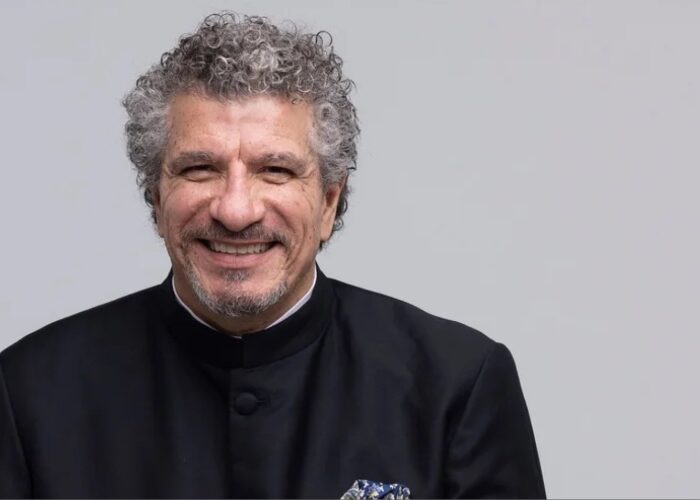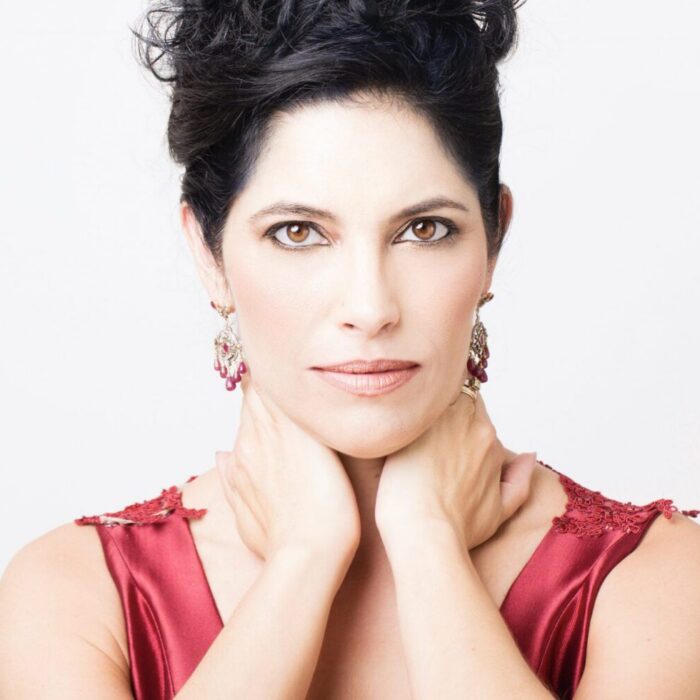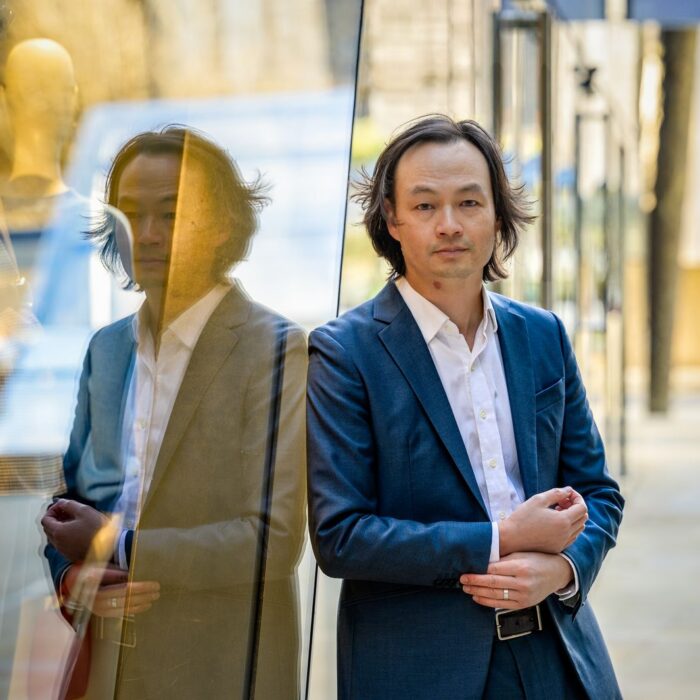On Sept. 25, Composer Sarah Kirkland Snider released her latest album “Mass for the Endangered,” a celebration of, and an elegy for, the natural world—animals, plants, insects, the planet itself—an appeal for greater awareness, urgency, and action.
The piece is a six-movement Mass for the Endangered and is a rumination on the concept of the traditional Catholic Mass. It features a libretto by Nathaniel Bellows.
Snider is a well-known composer who has been commissioned and performed by the New York Philharmonic, the San Francisco Symphony, the National Symphony Orchestra, the Detroit Symphony Orchestra, the Indianapolis Symphony Orchestra, the Kansas City Symphony, and the St. Paul Chamber Orchestra.
OperaWire had a chance to speak with Snider about her new album, the piece, and where she plans to showcase it.
OperaWire: Tell me about the work and your inspiration for it? How long did it take you to compose it?
Sarah Kirkland Snider: Trinity Wall Street commissioned five composers to re-imagine the Mass, which was a wonderful project conceived by composer Danny Felsenfeld. I asked my frequent collaborator, the poet/writer Nathaniel Bellows if he would write the text, and he suggested the topic of endangered animals.
We’re both strongly inspired by the natural world — we wrote a song cycle about it and childhood memory, and we’ve talked a lot about the spiritual role nature plays in our lives and our mutual weakness for sometimes preferring animals to humans. So I loved the idea.
What we sought to do was use the traditional Catholic Mass as a prism through which to worship, celebrate, and eulogize endangered animals and their imperiled habitats, praying to a higher power for mercy, forgiveness, and intervention. But where the Catholic Mass pleads to a God conceived in the image of man, our “Mass” pleads to nature itself, or Mother Earth.
Once I started writing, the music came quickly, for me–a few months. After Trinity gave it a gorgeous premiere in 2018, I spent the next year revising it, and I added another movement (Alleluia.)
OW: Tell me about your collaboration with Nathaniel Bellows and what was exciting about working with him?
SKS: Nathaniel and I are old friends; I’ve known him since college. We’ve worked together on many projects. In addition to a shared artistic sensibility, there is a real ease of communication with him; I don’t have to think twice about saying “I’m hearing something else here — can we try X, Y, Z?”, which can be hard to come by in text-music collaborations. I love his approach to language–it is elegant and timeless, lyrical, and layered. And it leaves room for the music to say something. In addition to being a poet, novelist, and visual artist, he is also a gifted songwriter, so he innately understands what kind of text works for music.
OW: When did you decide it was time to record the work? How much time did you have to prepare and record the entire piece?
SKS: I knew I wanted the “Mass” to be my next major recording project as I was writing it. A recording is a huge investment of time, energy, and resources, so I don’t undertake them casually. But this music came out with great urgency, emotionally, kind of like a hydrant valve had been released. I think it was both the subject matter and the fact that it was my first commissioned opportunity to dive into choral writing.
I did a lot of choral singing growing up–summers at the American Boychoir School co-ed summer program, and in a nationally renowned high school choir–and those were profoundly formative and significant experiences for me. I was diving into a very personally meaningful corner of my musical identity, so it felt like the right piece to make a recorded statement with. We recorded the piece in three days — one day of rehearsal and two days of recording, in a beautiful old church in London with incredible acoustics.
OW: Tell the experience of working with Nonesuch and why is this the perfect label for the album to be released in?
SKS: We love working with Nonesuch. They are the best at what they do for a reason, and that is the incredible level of care that goes into every level of decision-making. They’ve been a beacon to us at New Amsterdam since we founded the label, and it’s been an honor to work with them on releasing albums via our partnership. Nonesuch’s recording of Gorecki’s Third Symphony with Dawn Upshaw was a really important album for me growing up, one that undoubtedly influenced the creation of this piece, so it’s a deeply meaningful honor to release the Mass with them.
OW: The English vocal ensemble Gallicantus and instrumentalists led by Gabriel Crouch led the performance of the piece. How much time did you guys get to collaborate and what were some of the things you discovered about your own writing as you listened to them record the piece?
SKS: We only had three days together, but Gabriel and I had talked about the piece at great length over the course of the year leading up to it. By the time we went into the church to rehearse and record, he knew the music intimately, and the communication he had with the performers was extraordinary — not surprising considering he’d known most of the singers since childhood.
Recording this music with Gallicantus was, for me, a magical experience. Working with singers at this level — singers who marry a deeply conscious musical sensitivity to the highest level of craft — I was in awe of how much can be communicated with a single note.
OW: As a composer what is one of the most terrifying things when listening to your music?
SKS: The vulnerability. My music tends to be quite honest and unguarded; ultimately, what interests me most is communication. As a result, I feel quite exposed, in a way that’s sometimes agonizingly, excruciatingly uncomfortable. It’s sometimes days after a performance before I can sleep. I’ve tried my whole life to write a different way, without success.
OW: What is one of the most rewarding things about having the music recorded?
SKS: What I love about recordings is the way they give anyone an opportunity to engage with the music on their own terms. As the composer, you’ve given them your ideal version of the piece–the balance, shape, and hierarchy of elements–and now they can listen to it wherever, whenever — with headphones by candlelight or in a noisy car, as often as they want. I grew up an obsessive listener of recorded music. I tend to commune with albums obsessively, for weeks or months at a time, and those pieces become an indelible part of my memory of that time in my life.
My favorite records stay in rotation, revealing new secrets as I grow older and listen to them differently. I hope to make records that listeners can immerse themselves in and return to in this way.
OW: What do you hope audiences take away from listening to the piece?
SKS: Every listener will take away something different, and that’s one of the things I love most about music. I hope that the music creates a space to think, feel, and reflect in whatever way is most meaningful to them.
OW: Once the pandemic ends and concert-going returns to normal or a new normal, are there plans on touring the work?
SKS: Yes! There are already some performances coming up in Europe; hopefully, it won’t be too long before we can perform it in the States.



